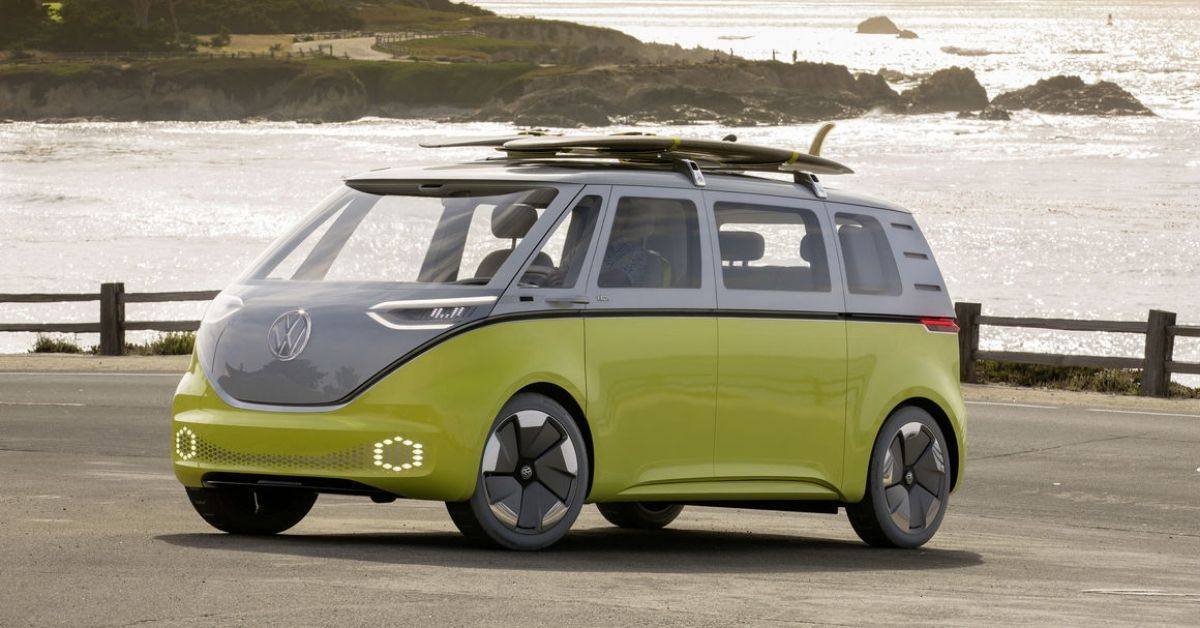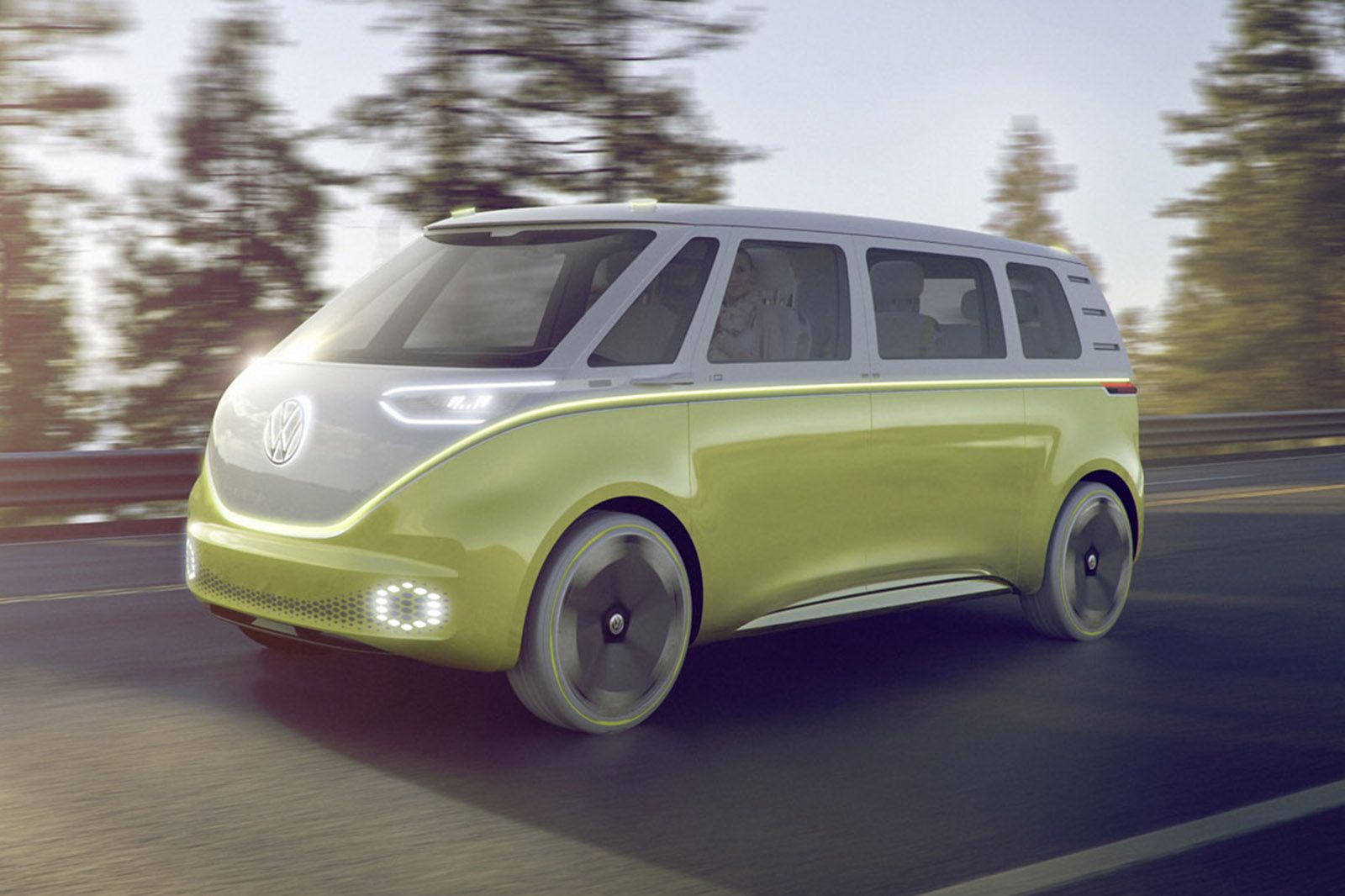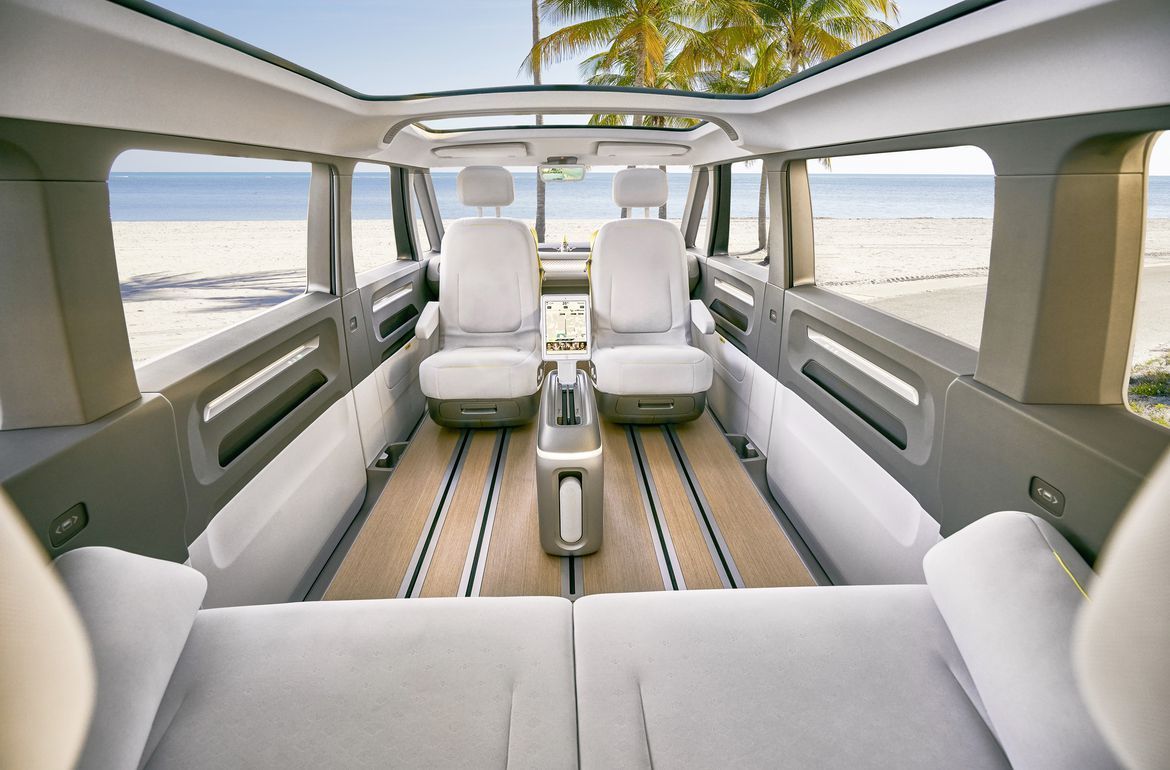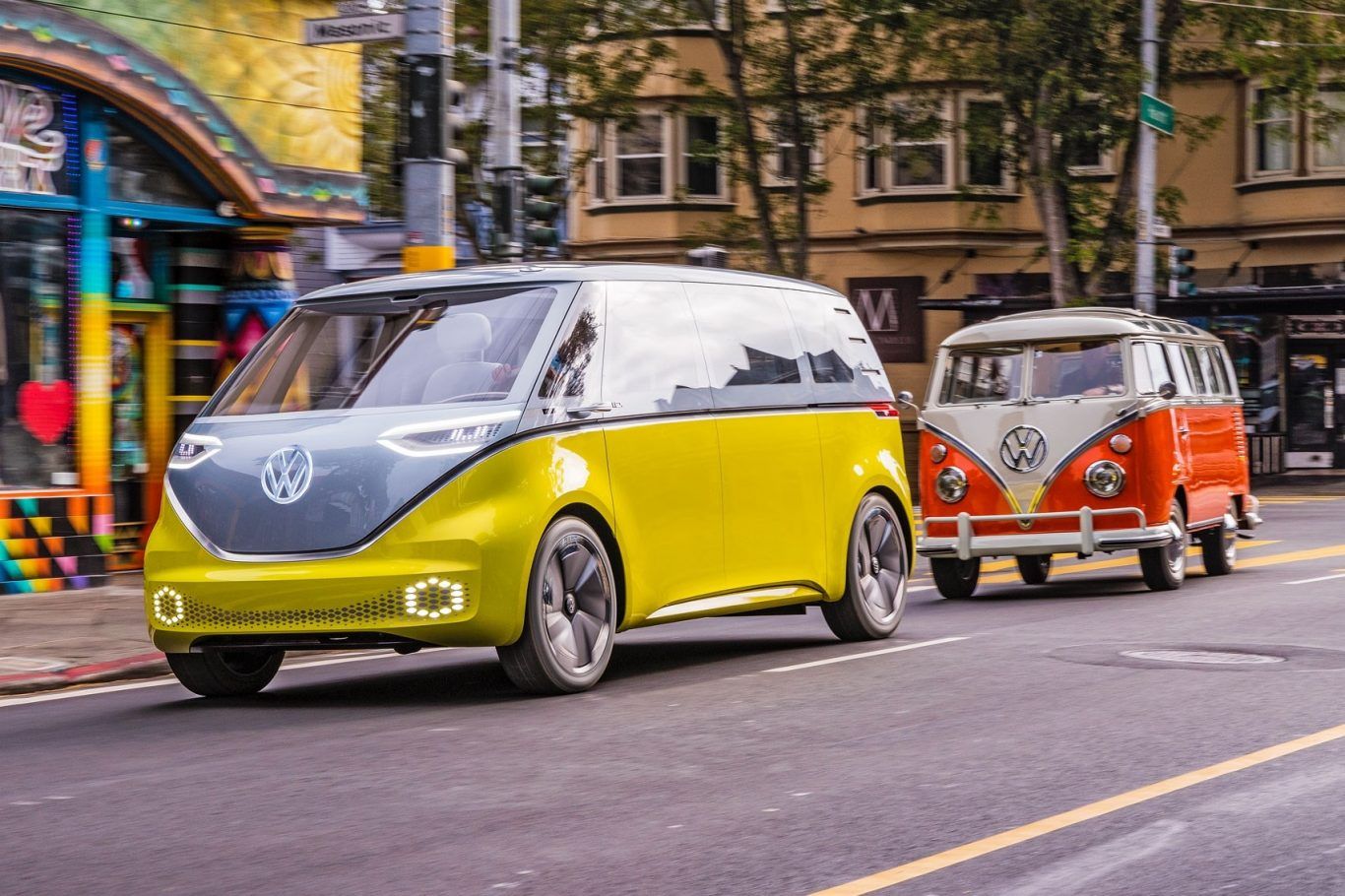Volkswagen has created many memorable vehicles in the past, with the Type 2 camper van perhaps having one of the best legacies of all. It's hard to imagine a world where the Type 2 didn't exist, but sadly, new ones haven't been in production since 1979.
Before the Type 2, we had the Type 1 that ran from 1950 to 1967 and which created nearly 30 years of classic VW vans. Although new versions of these classics are still in production, they are pretty uninspiring to look at.
These modern versions are practically non-descript minivans, but Volkswagen has seen the light and is preparing to bring the camper van back in style. It's called the ID Buzz, and this electric van is giving the camper community the reboot it has so desperately been calling for.
Let's take a closer look at the Volkswagen ID Buzz and why it's time to get excited about the camper van's return.
Making The Future Brighter
Volkswagen is committing to its modular electric drive kit (MEB) platform by producing the ID Buzz as part of that range. This camper van offers space in abundance, which makes it the perfect vehicle for long journeys.
It's not just a mobile living space. Volkswagen pictures it as a creative hub, party center, or whatever you want it to be. You can discover the great outdoors in comfort, knowing your impact on the environment is minimal in this all-electric vehicle.
Reinventing The Wheel
The Volkswagen ID Buzz has big ambitions. It's bringing change to the multi-purpose vehicle market in a radical way so drivers can enjoy adventures in style. One of the proposed features is a touchpad steering wheel that presents itself when the ID Buzz is turned on.
While autonomous driving still has a way to go before it is universally accepted, perhaps the ID Buzz can reignite the conversation. Interest from the car industry in autonomous driving is certainly there as plenty of investment has been made, but there are plenty of obstacles to overcome.
Another design feature of the ID Buzz is flexible seating. The ability to reconfigure the layout of the van's interior will provide groups of friends and families a way to make room for everyone. If you're planning on sleeping in the ID Buzz, changing the layout will give you as much space as you need.
Technology is at the heart of the futuristic camper van, and it is expected to come with augmented reality display navigation. The concept version that was presented to the world several years ago features a head-up display that shows you directions in your line of sight.
Another tech feature sure to attract attention is the intelligent LED light system. These sensory lights can communicate with other drivers on the road and change direction to avoid blinding others.
The 'eyes' will also point the driver's attention toward pedestrians by directing the beams at them. Soft lighting on the ID Buzz will also be used to direct attention from pedestrians to the passing vehicle.
Putting The Buzz Into Production
The reaction to the concept being shown at the North American International Auto Show in 2017 was such a big hit that VW decided to roll the dice and make it. The ID Buzz concept received so much attention that Volkswagen figured it would be a hit. This concept is expected to transform into a real-life production van by 2022.
A cargo version of the Buzz was also a part of the concept lineup, and if the passenger version goes well, we could see this rolled out too. From a world of few fun VW camper vans, we could soon be overrun with them. For now, customers can register their interest in Volkswagen's electric van range for further updates.
Changing Times At Volkswagen
The Volkswagen Group covers several manufacturers, and the ID Buzz is just one of several new MEB vehicles being rolled out by the manufacturing giant. VW has already produced the ID.3, ID.4, and Skoda Enyaq, with plenty more set to come out in the coming years.
Audi is expected to join the MEB range with the Q4 e-Tron later this year. Cupra, the high-performance alternative to SEAT, will be releasing the Born and Tavascan in the near future.
Volkswagen announced in 2017 that it plans to have over 300 models across its 12 brands become fully electric by 2030. The car manufacturer has begun the process of converting and building plants to keep up with the ever-growing EV demand. It plans to produce electric vehicles in Europe, Asia, and the United States.
Volkswagen is looking to bring electromobility to everyone, and it is even teaming up with Ford to help its competitor out. Ford has plans to use Volkswagen's MEB platform to take its first tentative steps into the all-electric vehicle market.
The first all-electric car to test the waters will be the Ford Mustang Mach-E. Ford's EV plans are limited to passenger vehicles, and it has announced that an all-electric Transit van is hitting the roads in 2022.




